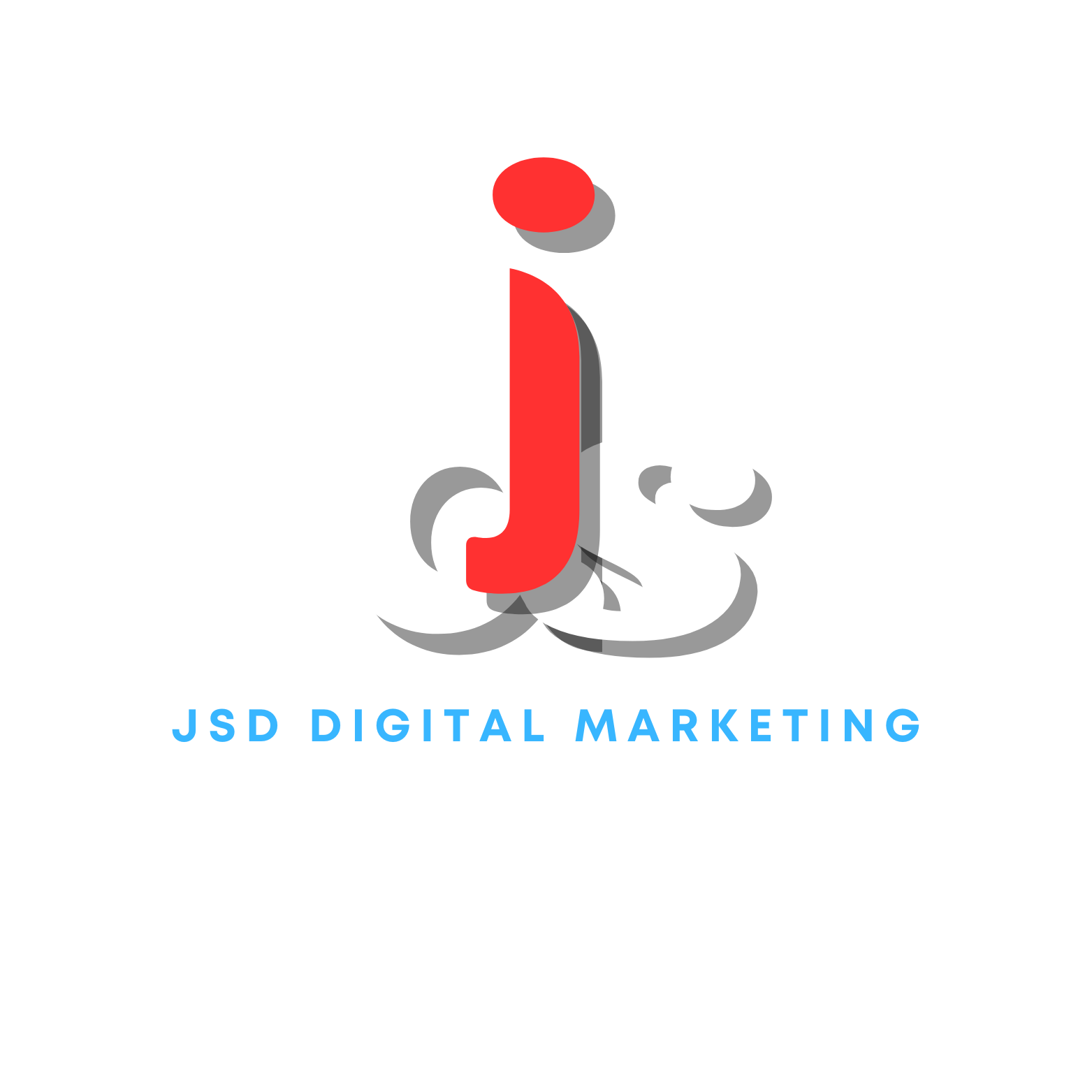This comprehensive guide is perfect for anyone new to digital marketing. It covers the essential components, including SEO, social media marketing, email marketing, and PPC advertising. You’ll learn how each strategy works, why they’re important, and how to apply them to grow your online presence. Whether you’re a business owner or an aspiring digital marketer, this guide will provide a clear roadmap to understanding and navigating the world of digital marketing from the ground up.
What is Digital Marketing?
Digital marketing refers to the use of online platforms to promote products, services, or brands to a target audience. It encompasses a variety of techniques aimed at building an online presence. Unlike traditional marketing, which relies on print media, television, or billboards, digital marketing happens entirely online.
This method allows businesses to engage directly with their audience through email campaigns, social media posts, and website content. Digital marketing isn’t just for large companies; even small businesses or individual entrepreneurs can tap into its power. It helps to attract potential customers where they spend most of their time—on the internet.
Why Digital Marketing is Important for Beginners
Digital marketing provides an affordable and effective way for new businesses or startups to reach a broader audience. Gone are the days when big budgets were required for TV or newspaper ads. Today, digital marketing allows access to billions of internet users globally at a fraction of the cost of traditional marketing methods.

It levels the playing field, whether you’re promoting a personal brand or a small business. Tools like social media and email marketing give direct access to your audience. Moreover, you can track your marketing performance in real time, making it easier to refine strategies and improve results.
Core Components of Digital Marketing
Search Engine Optimization (SEO)
SEO is the backbone of digital marketing. In order to rank higher in search engine results, you must optimize your website and content. When done correctly, SEO helps your audience find your business organically, without the need for paid ads.
Pay-Per-Click (PPC) Advertising
PPC advertising involves paying for ads that appear on search engines or social media platforms. Unlike SEO, where you aim for organic growth, PPC allows you to target your audience directly by paying for visibility. The most popular platform for PPC is Google Ads.
PPC campaigns are customizable, meaning you only pay when someone clicks on your ad. This makes it an affordable option for beginners wanting immediate results. By setting a budget and selecting relevant keywords, you can start generating traffic almost instantly.
Social Media Marketing
Social media marketing is the process of using platforms like Facebook, Instagram, and LinkedIn to promote your business. It involves creating and sharing content tailored to your audience. As a beginner, social media is an excellent way to build brand awareness and engage with your followers.
You can use social media to run targeted ads, share blog posts, or even conduct live sessions to communicate with your audience. Each platform has its unique features and audience, so it’s essential to identify which ones work best for your business.
Email Marketing
Email marketing is one of the most effective ways to nurture leads and convert them into customers. It involves sending targeted emails to your subscribers with the goal of building a relationship over time. Email marketing campaigns often feature newsletters, promotional offers, and updates about your business.
The advantage of email marketing is its personal nature. You can customize your message based on customer behavior and preferences. As a beginner, using email marketing tools like Mailchimp or Constant Contact can help automate the process and make it more manageable.
How to Create a Digital Marketing Strategy
A strong digital marketing strategy begins by defining your goals. Are you aiming for more website traffic, brand awareness, or increased sales? Once you have a goal, research your audience to understand their needs and preferences.
After this, choose the appropriate channels, such as SEO for organic growth, PPC for immediate visibility, and social media for engagement. Consistency is key, so plan your content in advance and always measure your progress using key performance indicators (KPIs).

Essential Tools for Digital Marketing Success
Tools are essential to any digital marketing effort. Google Analytics tracks your website traffic, while SEMrush helps you identify relevant keywords. Canva is great for designing eye-catching social media posts, and email tools like Mailchimp can automate your campaigns.
Measuring and Analyzing Your Digital Marketing Efforts
Digital marketing is data-driven, allowing you to track and measure your success. Use tools like Google Analytics to understand where your visitors come from and which content is performing well. Social media platforms provide their own analytics to track engagement and growth.
Conclusion: Taking the First Steps in Digital Marketing
Starting in digital marketing may seem overwhelming, but focusing on the basics can pave the way for success. Learn one skill at a time, from SEO to social media marketing, and use the right tools to optimize your efforts. As digital marketing constantly evolves, your early steps will position you for future growth.
FAQs on Digital Marketing for Beginners
What is the first step in learning digital marketing?
The first step is to learn the basics of SEO and content marketing. Understanding how search engines work will help you create content that attracts traffic.
Can I do digital marketing without a big budget?
Yes, digital marketing can be done on a limited budget. Start with free tools like social media and SEO, and expand as you grow.
How long does digital marketing take to produce results?
It depends on the strategy. SEO can take months to show results, while PPC ads can generate traffic immediately.
What are the best tools for beginners?
Some of the best tools for beginners include Google Analytics, SEMrush for keyword research, and Canva for creating marketing visuals.
How important is social media in digital marketing?
Social media is crucial for engaging with your audience, building brand awareness, and running targeted ad campaigns

